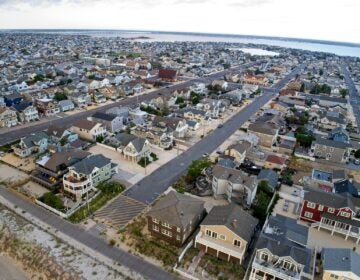Holding out hope for an Atlantic City sea change
Listen-
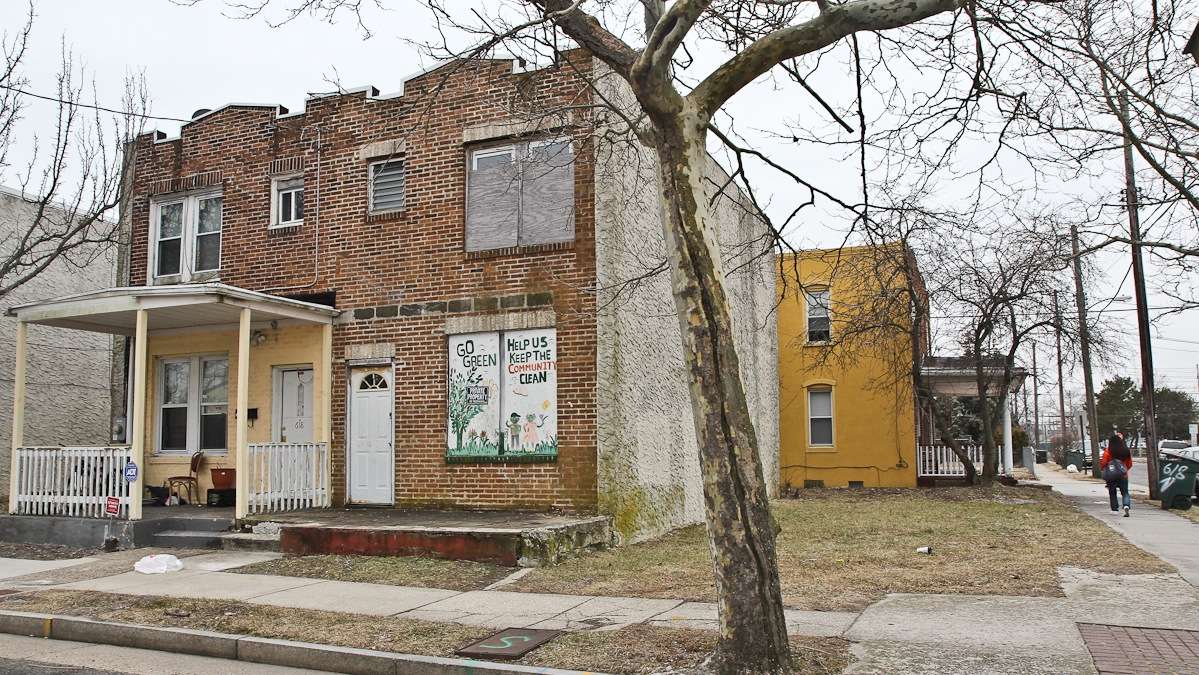
-
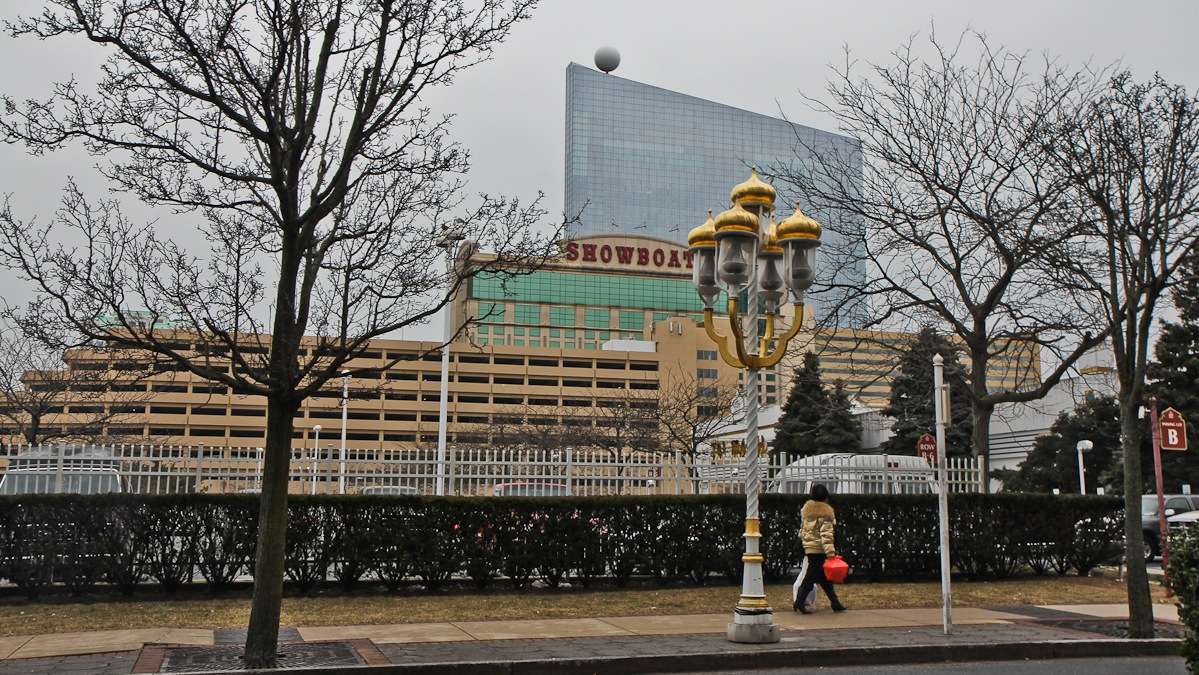
-
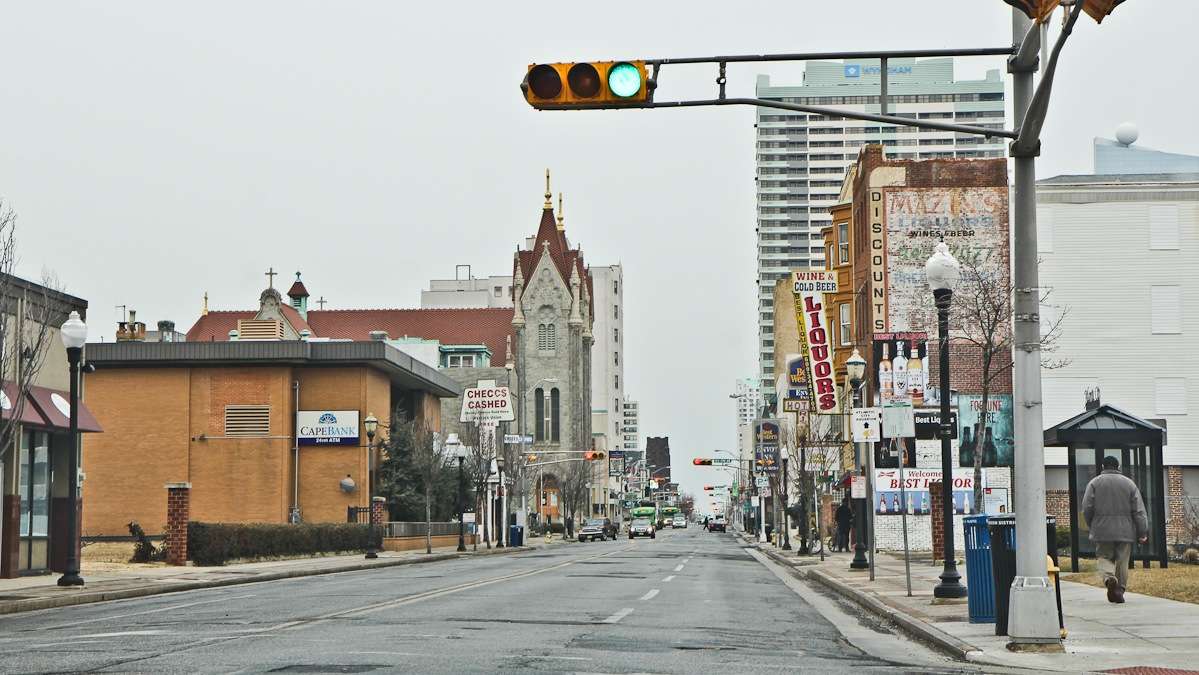
Atlantic City and New Jersey have settled on a new contract calling for the city to cut its police force by 30 officers. (WHYY file photo)
-
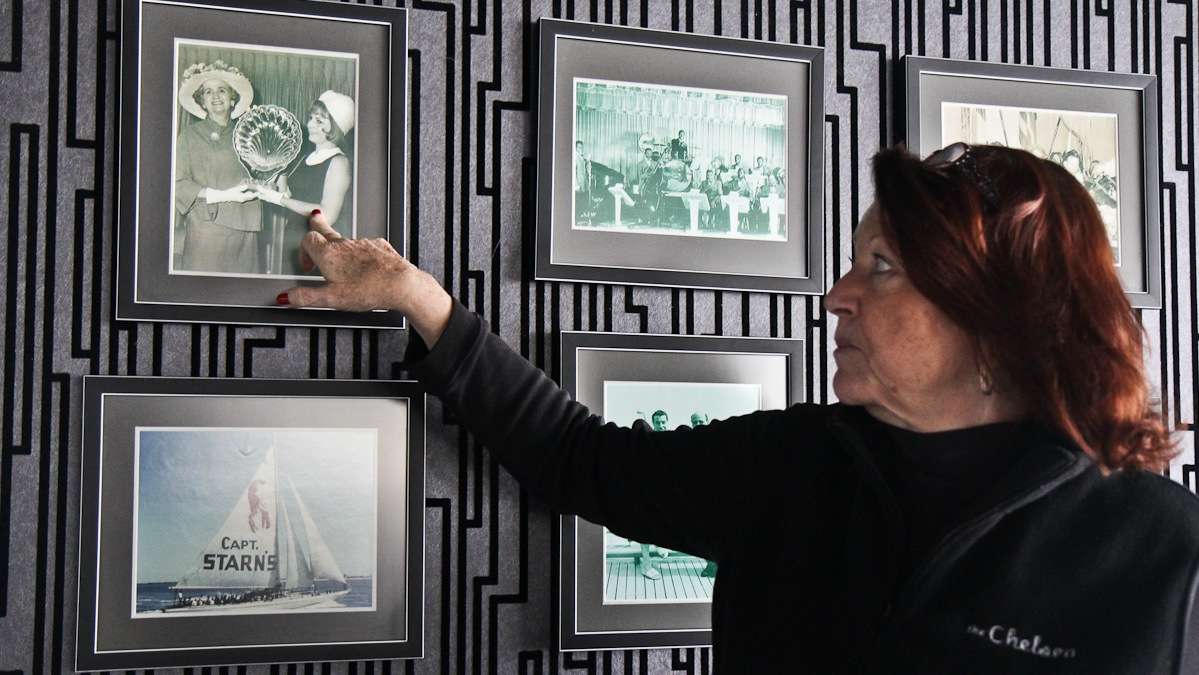
-

-
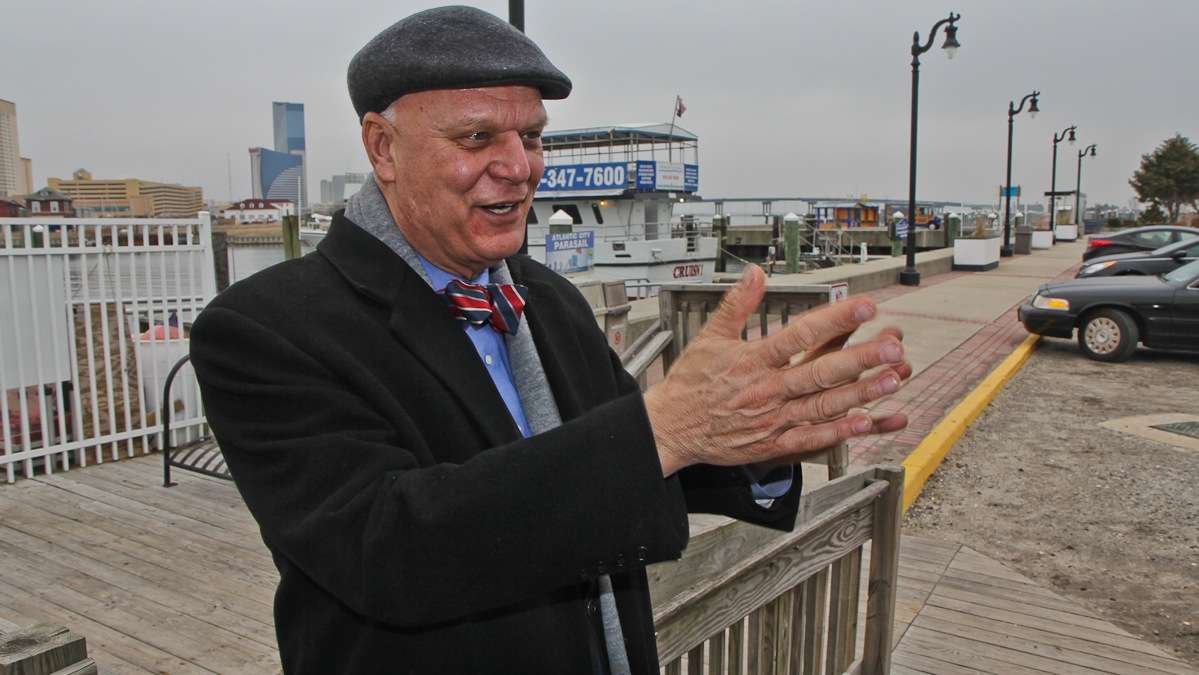
-
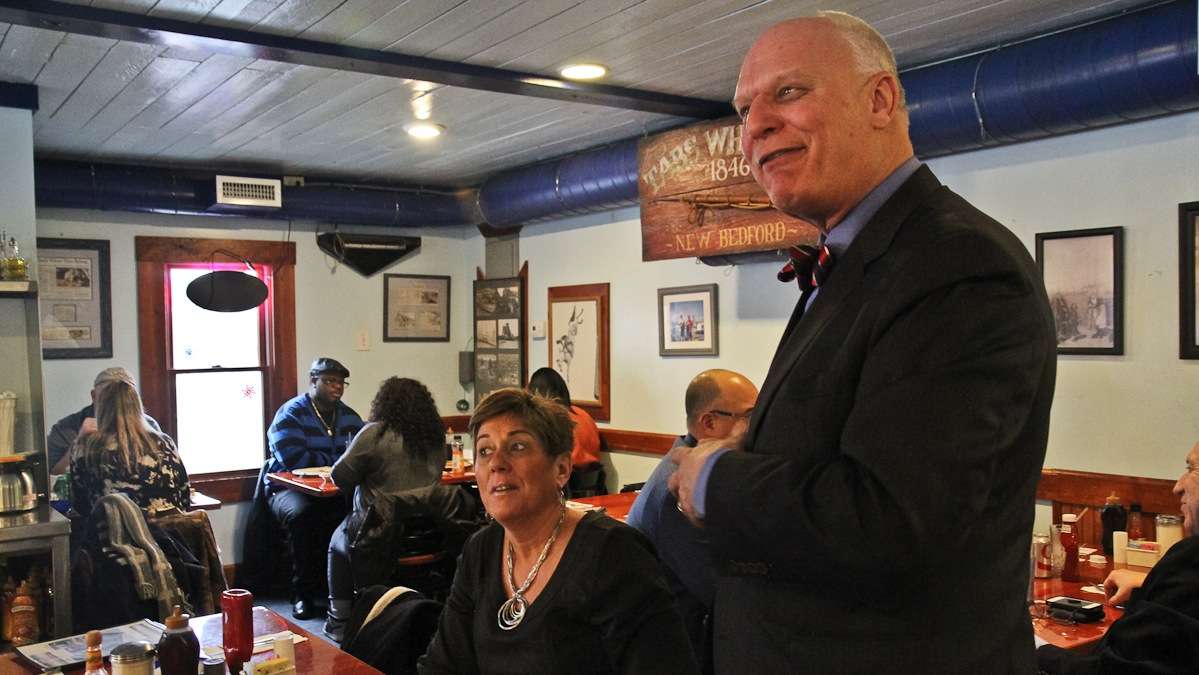
-
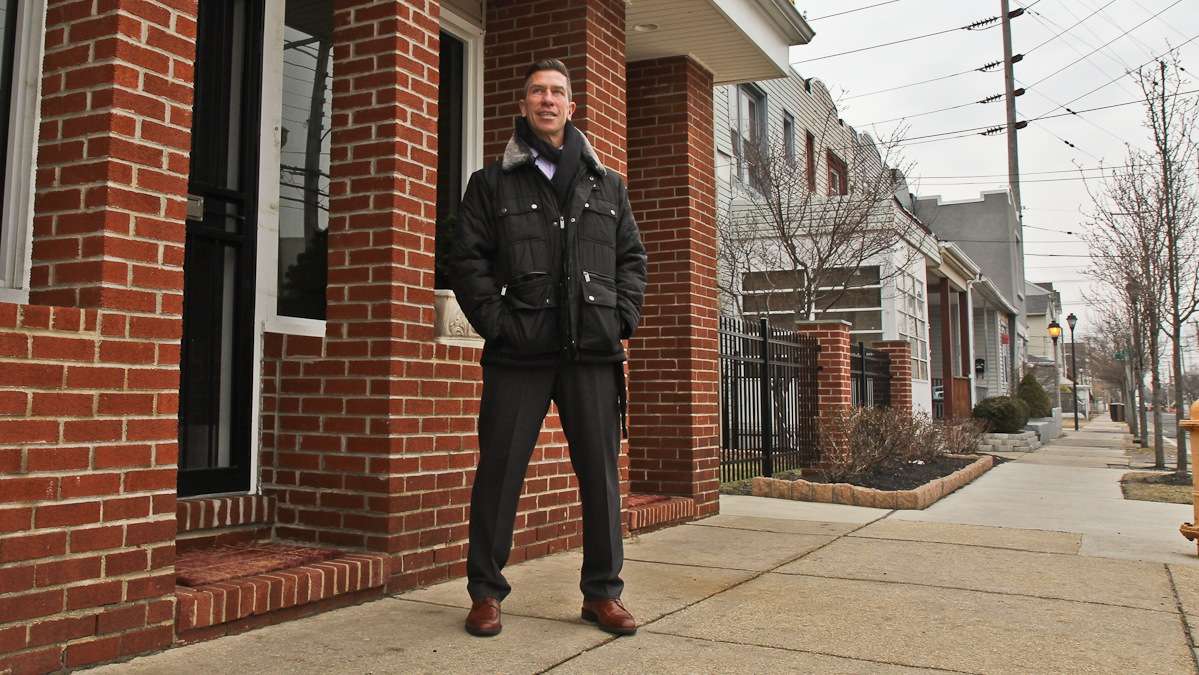
Atlantic City residents are more than ready for the crush of dreary news to end.
Steps away from the beach, Carol Ruffu is sitting in the lobby of the 20-story Chelsea Hotel, where she books spa appointments. An Atlantic City native, she’s seen her hometown transform before, and she’s prepared to embrace the next phase of its evolution.
“You know, the senior citizens coming down on the bus, and they get their roll of quarters, and they go sit on the Boardwalk and eat their box lunch, and they take their roll of quarters with them,” Ruffu said. “That came to a halt because the casinos figured out they weren’t making money on that.”
That image did indeed change. Before the recession, the more upscale casinos, such as the Borgata, were highly profitable. But then came the one-two punch: the recession hit and gambling in Delaware, Pennsylvania, New York and Maryland began to lure away more customers. Bit by bit, casino revenue started to plummet.
While the Borgata’s profits fell considerably during the downturn, the casino survived in the face of four casino closures. And those four casualties decimated the property tax base. Until recently, 75 percent of property tax dollars came from casinos. It’s now at about about 60 percent.
For residents, that’s meant property tax bills are double what they were in 2007.
Ruffu knows the story line well – maybe too well. Tourists often ask about the casino industry’s woes, but many of them also harbor misconceptions. Some visitors, she said, are surprised that 40,000 live year-round in the beachside city.
“And they don’t know we have a lighthouse to see. They don’t know that we have an aquarium. They don’t know that we have a historical society,” Ruffu said. “They think that they can’t go out and walk because they won’t feel safe – and that’s not true.”
Theories on evolution
Dennis Konzelman moved to Atlantic City to work the front desk at Harrah’s casino, which is still open. He now works as a paralegal.
“You have to reinvent yourself,” he said. “I probably was not going to work in one career my whole life. I would’ve been bored.”
Konzelman, president of the Westside Neighborhood Association, said perception is about the little things. So every week, he sweeps his entire block and encourages his members to do the same.
When asked what he says to people outside of A.C. who only read the gloomy headlines, he breathes a deep sigh.
“You have to come here and see what we have to offer,” he said. “You need to talk to people in the community. You need to look at what’s evolving in our areas here. We all kind of knew that some of these casinos had to close.”
Since last year’s closures killed 8,000 jobs, everyone has a story about a friend or relative starting anew. Just the other day, Ruffu was at Best Buy and overheard a conversation between the cashier and a customer.
“Apparently, they all worked at a casino together. The cashier was just there temporarily while she’s on unemployment and she’s getting ready to go to Atlantic Cape Community College to start over again. And the girl she was talking to said, ‘You better get your application in because everything is booking up fast,’ and they’re all going through a transition to find another job.”
The Guardian angle
The gregarious Mayor Don Guardian has been on the job a little more than a year. The city speaks highly of him — everyone from diner waitresses to business executives say if anyone is to lead Atlantic City out of the financial mess, there’s no one better than Guardian, the first Republican elected mayor in more than two decades.
Guardian wants more attention directed to efforts in the New Jersey Legislature to repair some of Atlantic City’s ailments. In particular, three plans.
One that seeks to lock in casino property values for 15 years to guarantee income to the city; another to redirect the $30 million annual budget for the “Do AC” campaign toward paying down the city’s debt; and a third to assign a state monitor to help cut costs in the city’s schools.
“All three require the city to drastically reduce the cost of doing government here,” Guardian said.
He often talks about city finances at such a galloping pace, it’s hard to keep up. During a recent interview at the Gilchrist, one of his favorite breakfast spots, he said if he were strolling down Atlantic Avenue, the situation would be different.
“There would be somebody who saw me tell me that their kid got unemployed, or their wife just got laid off, or somebody just got incarcerated coming back that can’t find a job. Or a kid that saw me who is afraid to come home,” he said. “Or there’s a homeless guy who says he’s been thrown out of the mission because he got into a fight. And that’s just city life.”
Having thick skin is part of the job, and may be even more necessary as he gets ready to unveil a plan to cut the city budget by millions on Wednesday during his “state of the city” speech.
Guardian, who says he doesn’t have much personal debt, is basically holding a credit card for Atlantic City that’s maxed out at $400 million.
To make the next payment, he needs to attract more nongaming businesses and young people to move in. No matter what he’s doing, he’ll stop to make the pitch.
“Great spas, great restaurants, fun shopping, really cool people, it’s a place you want to hang. And if you’re under 50, I want you to come live here as well.”
To the over-50 crowd, Guardian says, please bring more than a roll of quarters.
WHYY is your source for fact-based, in-depth journalism and information. As a nonprofit organization, we rely on financial support from readers like you. Please give today.




